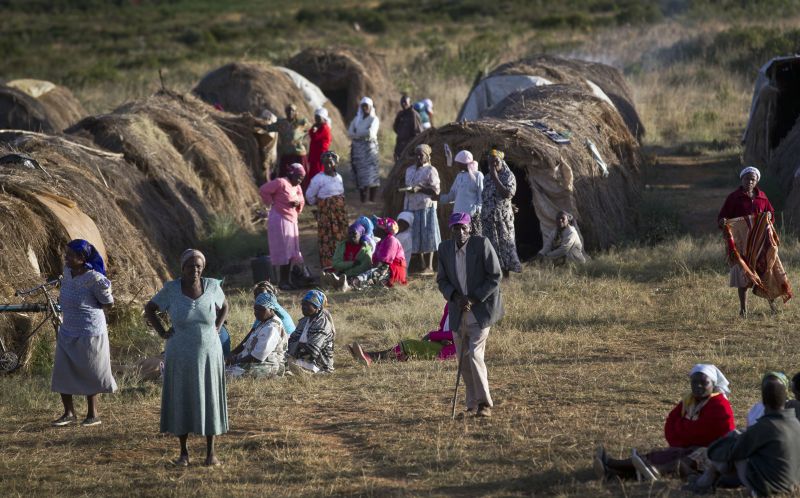Extremism
What makes the Al-Shabaab strong

People appreciate it for social, economic and political reasons. The militia operates at the clan level, which helps it to manage internal tensions. The rigid Wahabi ideology, which originated in Saudi Arabia and stresses the unity of Sunni Muslims, is useful too.
Al-Shabaab excells at raising funds at the community level, from mosques, local religious leaders and local community networks. There are also allegations that the group receives support from “charitable” organisations in countries such as Saudi Arabia and other Gulf States and from Somalis in the diaspora. While Al-Shabaab is mostly appreciated for social, economic and political reasons at the community level, some people are attracted to the group by its Islamist ideology.
Most members of the Al-Shabaab leadership, especially those at ideological and operational levels, are relatively well educated. Research suggests that they are not necessarily psychopaths, but that they are acting according to a brutal logic that reflects the contexts they live in. They do not see themselves as attacking others, but rather as defending themselves against foreign domination or marginalisation.
The faith serves as an ideological rallying point. It does not bother them that other people, including Muslims see them as misusing religion to justify their heinous crimes. (ek)










